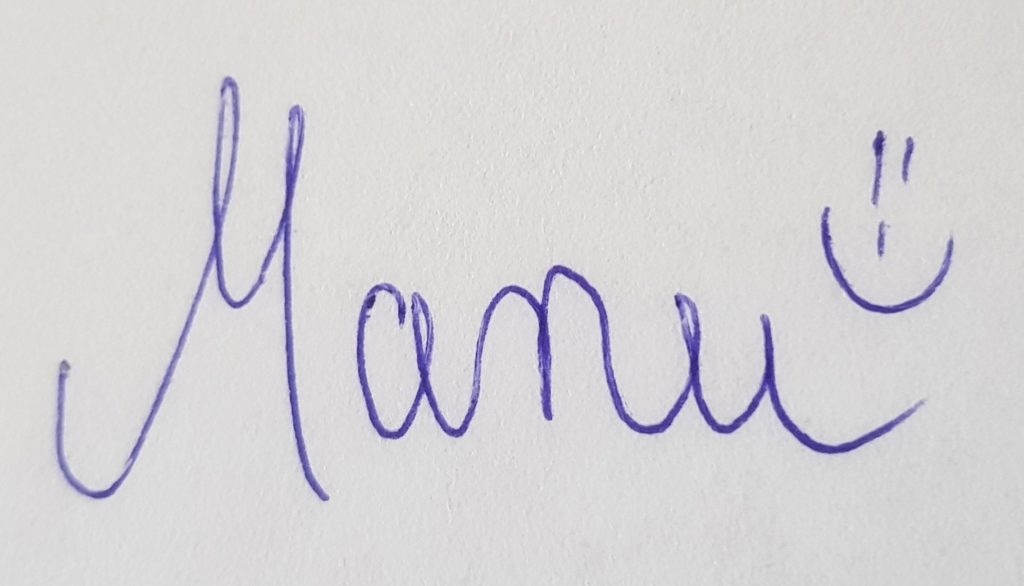Disclosure: This post may contain affiliate links (marked with *). If you click on these links and make a purchase, I may earn a small commission.

You’re struggling with your drum practice time management?
Totally understandable.
The thing is:
When you’re an adult, you’ve got a lot of tasks to accomplish every day.
Balancing drumming with work, family and other commitments can be daunting.
For this reason, I’m going to share my best tip on drum practice time management in this compact guide.
This will help you
- progress faster on the drums while
- become less stressed caring for your loved ones,
- and balance drumming with your work in general.
The Fundament: Understanding Drum Practice Time Management
Before I share my best tip for balancing drumming with work and family, let’s define what drum practice time management basically is.
By doing so, you’ll know best where to make adjustments:
Time management means structuring your available drum practice time in the most helpful way.
This means:
The time you’re able to invest in practicing the drums should be used as efficiently as possible.
You’ll achieve this effiency by
- prioritizing tasks and
- setting clear as well as motivational goals.
Also, it’s crucial to keep up the fun of playing the drums:
Learning to play the drums over a long period of time will demand discipline and dedication.
If you don’t enjoy what you do, you might lose your drive sooner or later.
For this reason, a good drum practice time management focuses on
- Prioritizing tasks
- Setting clear AND motivational goals that lead to
- keeping you engaged, even during rough times.
This trio translates to my best tip:
Focus On ONE Task At A Time
Some people love it, but I think it’s a huge waste of time:
Multitasking.
Over the years I’ve been drumming, I’ve learned to love the magic of a clear focus.
Don’t get me wrong:
It’s perfectly fine to strive for success in many fields of life.
Life by itself is a multitask.
Just think of your personal commitments every day …
When it comes to learning to play the drums, however, I strongly advertise a clear focus on one particular exercise.
The exercise your working on right now is the most important one!
Understanding this is the crucial basis for a well-rounded drum practice time management.
I’ll give you an example:
If you want to learn a new drum fill or basic rock drum beat, you should focus on this clear (and hopefully motivational) goal.
Adding a deadline for learning this fill or beat is something I recommend as well.
By doing so, you feel the need to actually take action.
Remember:
The big vision of playing the drums makes you start your journey and push through.
However, you also need to work on measurable goals to make your dreams come true.
You can’t build up a house with just the vision in your mind.
If you want to really move in, you need to go from dreaming about the house to actually building it.
This is the key to learning how to play the drum set as well.
Keep It Simple!
A helpful drum practice time management obviously doesn’t need to be complex.
It’s way more important to concentrate on your next step.
By concentrating on one exercise at a time, you can
- progress faster,
- become less stressed
- and be more motivated to practice drums.
And yes:
Sometimes you need to break a single exercise down into many smaller exercises.
Again, it’s key to focus on one thing at a time:
- You want to play the drums faster?
- Love to play a certain genre authentically?
- Or you just want to be the drummer in a band?
Find out the next step that will help you reach your particular goal.
Take action, analyze your results and start again.
If this works out just fine, head on to the next thing you want to learn.
And don’t forget: Make sure to enjoy your journey as a drummer as much as possible.
It doesn’t matter if you’re able to practice 5 minutes or 500 minutes a day.
As long as you love what you do, you’re already a drumming success.
At least to me.
Cheers,

